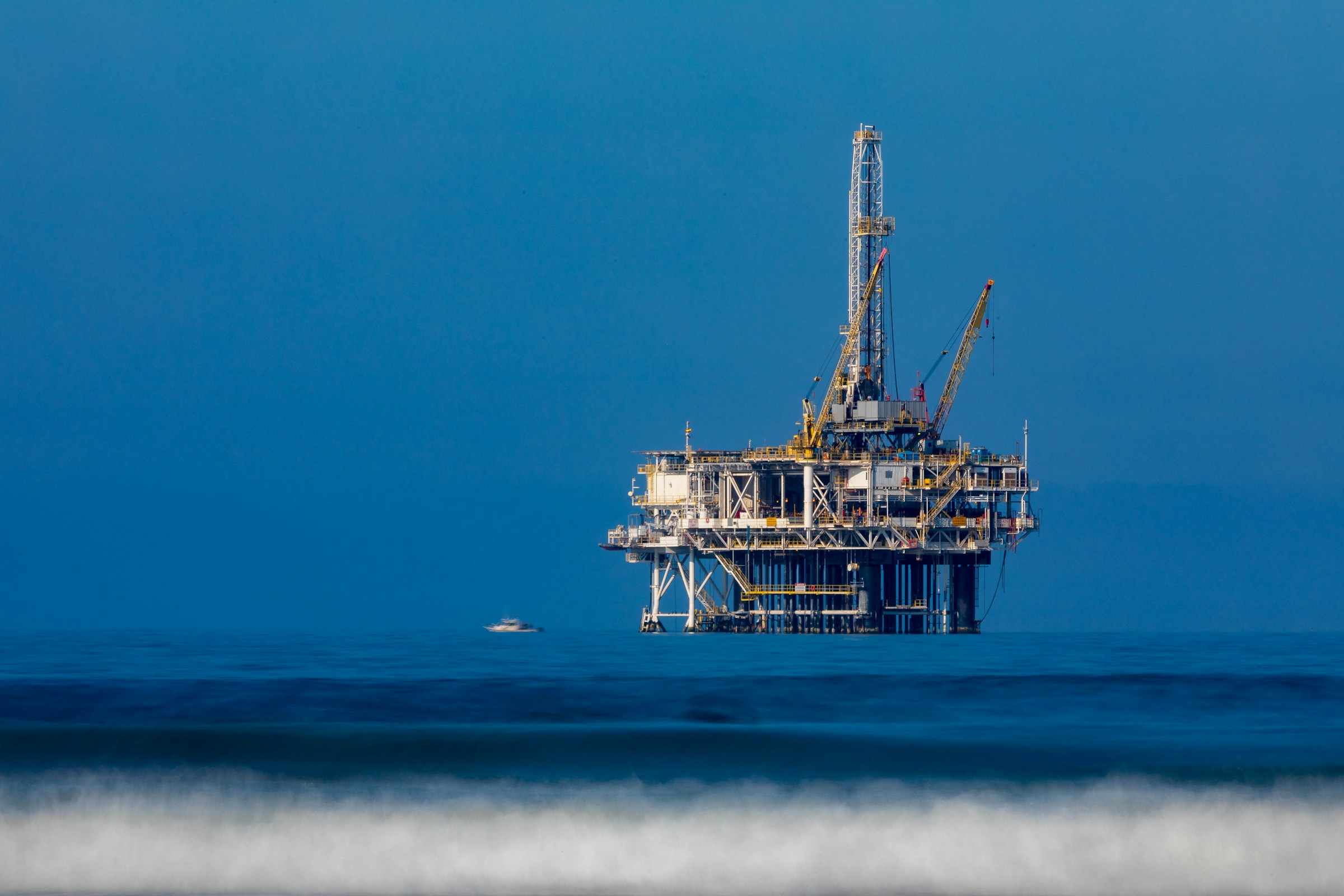The oil market’s muted reaction to Donald Trump’s 50-day deadline for Russia to end its war in Ukraine reveals more than just a brief reprieve from supply disruption fears. It exposes a global energy alignment being recalibrated not through formal OPEC channels, but through policy brinkmanship—sourced from Washington, absorbed in Brussels, and recalculated in Beijing.
While oil prices eased less than 1% on Tuesday, what’s notable isn’t the magnitude of the drop. It’s that the drop happened despite the prospect of the most significant Russia-related sanctions escalation in years. The signal: markets aren’t reacting to volatility—they’re reading the deadline as a calculated bluff, not an immediate risk.
But it would be a strategic misread to assume this is just a “wait and see” moment. For the EU, India, and China—the three largest importers of Russian crude—the clock is now ticking on trade route realignment, payment system decoupling, and tariff retaliation prep. This isn’t a supply crisis yet. It’s a policy test in slow motion.
The decline in Brent crude to US$68.71 and WTI to US$66.52 reflects two competing forces: supply risk and demand decay. Trump’s threat of sanctions lost immediate punch once he extended a 50-day grace period, suggesting a choreographed signal to spook but not yet spook markets. As UBS’s Giovanni Staunovo put it, “fears… have dissipated.” That line wasn’t about oil—it was about Trump’s timing.
The threat isn’t off the table. It’s simply moved down the pipeline.
Simultaneously, China’s Q2 growth undershoot and worsening consumer sentiment undercut demand optimism. But even there, analysts like IG’s Tony Sycamore noted that the better-than-expected performance was largely due to frontloading exports before tariffs kicked in—a maneuver that boosts short-term data but masks medium-term fragility. The upshot? Oil demand appears strong, but pricing logic is now as much about protectionist choreography as it is about refinery throughput.
The real divergence is unfolding in buyer behavior. China, India, and Turkey—arguably the lifelines of Russian crude—are staring down a binary trade choice: accept discounted oil and risk retaliatory tariffs on their exports to the US, or recalibrate their energy procurement to protect broader trade flows.
For India, this could test the balancing act it has sustained between Russia and the West. It’s a question of margin management: do you risk your textile and pharma exports for energy cost relief? For China, the stakes are deeper—both symbolic and structural. As its economy softens, discounted Russian oil is a necessary buffer. But so is maintaining export access to the US market, particularly in EVs and electronics, where tariffs already loom.
Turkey sits in a more transactional seat—one that might pivot quickly if oil sanctions are enforced, but without the global capital market dependencies that tether Beijing and New Delhi.
If implemented, the sanctions wouldn’t merely crimp Russian output. They would force an overhaul in how oil is moved, insured, and paid for—reviving concerns last seen when the G7 price cap was first introduced. It’s not just about who buys the oil, but how they do it. Payment routing, ship insurance, and settlement structures would need to be rebuilt or rerouted—at cost, and under scrutiny.
More importantly, Trump’s tariffs are already shaping behavior. The EU and Mexico are now caught in parallel trade disputes, with a 30% tariff slated for August. Brazil has entered formal negotiations to mitigate a 50% tariff. These signals aren’t background noise—they’re part of a wider pattern of trade leverage being used to extract compliance across seemingly unrelated verticals.
And unlike multilateral sanctions regimes, Trump’s approach doesn’t require consensus. That makes it faster, more volatile—and harder for businesses to hedge against.
This isn’t just a rerun of 2022 oil volatility. What’s unfolding now is a more complex dance between energy security, trade negotiation, and macroeconomic signaling. OPEC may call for supply-demand balance, but the market is increasingly being priced by headline risk, not refinery behavior.
Operators in shipping, commodities, and even apparel need to reassess exposure not just to oil price volatility—but to trade retaliation sequences. Trump’s alignment of oil sanctions with broader tariff threats creates second-order risks in sectors that never touch a barrel of crude. For European manufacturers and Asian exporters alike, the question isn’t just “Where does the oil go?” It’s: “What does that oil cost us in retaliatory access?”
This is what makes the 50-day window strategically potent. It forces decision-makers to consider not just whether sanctions will happen, but what they need to start doing now in case they do.
The muted oil price drop masks a larger strategic shift underway. Trump’s 50-day ultimatum isn’t a countdown to action—it’s a test of who will move preemptively. The reprieve is tactical, not stable. Buyers, refiners, and trade ministries are being dared to realign—before the full cost of inaction arrives.
If the sanctions materialize, the reshaping of global oil flows will not happen in months. It will happen in days. And the next rally won’t be driven by demand—it’ll be driven by panic. The market looks calm. But the clock just started ticking.









.jpg&w=3840&q=75)




.jpg&w=3840&q=75)
